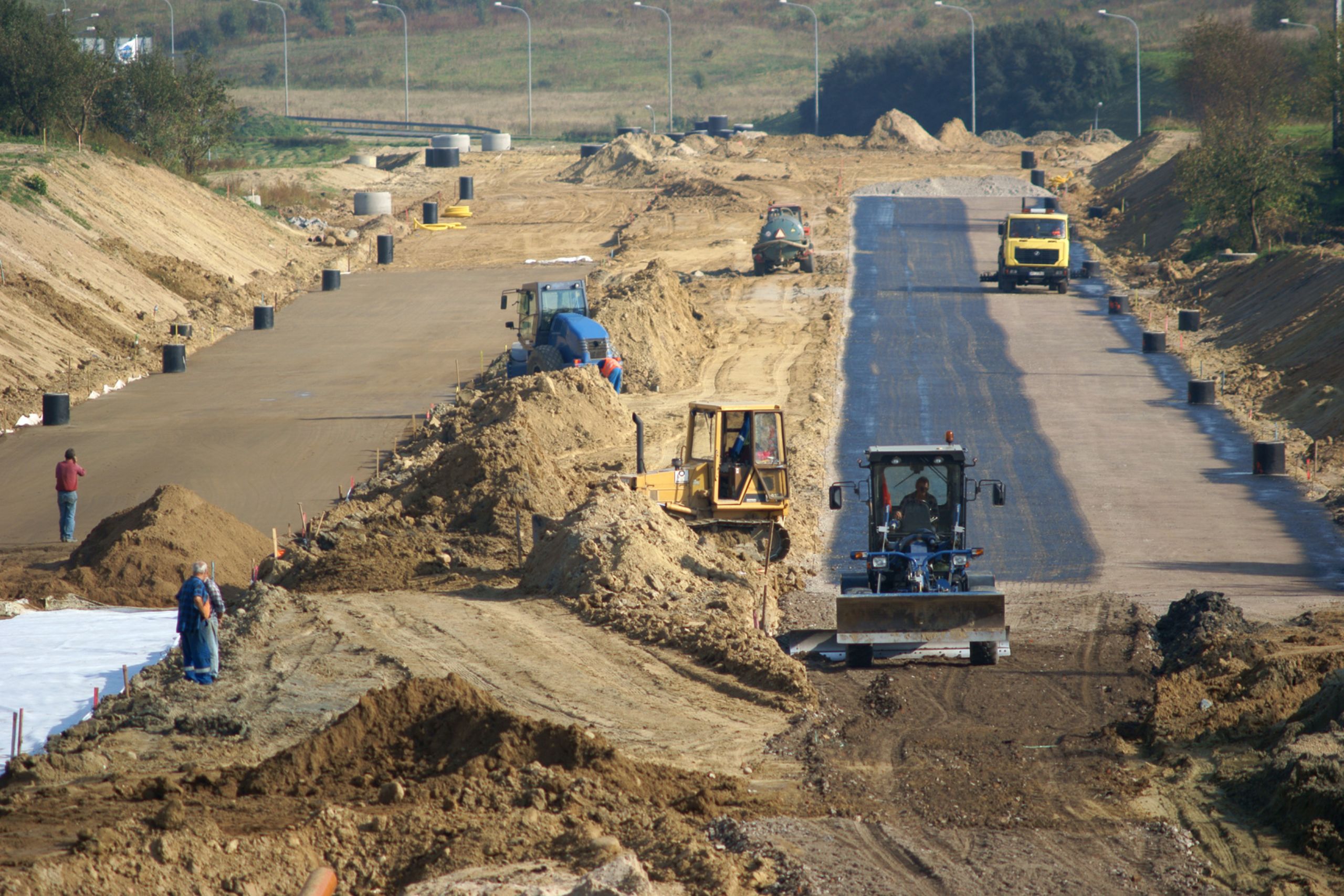Management of Eurofunds: Challenges and Opportunities for the Ruse Region
According to the article from the "Capital" newspaper, Bulgaria has about six months to absorb approximately BGN 4 billion from the European cohesion funds for the period 2014-2020. For the program period 2014-2020, which ends in 2023, the Bulgarian authorities have agreed funds in the amount of 18.83 billion BGN or 104.14% from the budget of the programs, which is more than necessary, since not everything agreed can be spent.
Some of the major infrastructure projects in Bulgaria will be postponed for the next program period, as they cannot meet the implementation deadlines. This includes part of the "Transport" and "Environment" programs, which will be transferred to the period 2021-2027. This could lead to the loss of at least part of the funds for them and the cancellation of other important projects.
In particular, five projects financed under the transport program will be carried over to the next period. This includes the railway lines Elin Pelin - Kostenets and Sofia - Dragoman - Serbian border, as well as the second phase of the project on the Plovdiv - Burgas line, the reconstruction of the Nova Zagora station complex and the financing for traction substations in Varna, Razgrad and Ruse.
Six of the large water supply projects - for Varna, Burgas, Plovdiv, Sliven, Stara Zagora and Pernik - will also be transferred. The indicative value of these projects totals about BGN 320 million. The total amount of the grant for the projects that will be transferred amounts to a little over 1.5 billion BGN.
For major infrastructure projects from the 2014-2020 programming period that cannot be completed by the end of 2023, there are several options. One of them is to transfer the projects (but not the funding) to the new programming period 2021-2027, or the so-called "phasing". This would mean that Bulgaria will have to allocate new resources from future projects that will be postponed, or will continue to implement the current ones with its own funds. There is also a third possibility - that the projects will simply be written off, but this is unlikely.
According to the team of the Deputy Prime Minister for the management of European funds Atanas Pekanov, the released resources can be directed to other smaller projects, such as the extension of the third line of the Sofia Metro, the rehabilitation of the infrastructure of the port of Varna and the construction of a bypass of Burgas.
In the context of the Rousse Chamber of Commerce and Industry, it is important to note that changes in funding and reorientation of projects can have an impact on local industries and businesses. The reallocation of resources to different areas can present both opportunities and challenges for the commercial and industrial sectors in the region. This highlights the importance of active participation and engagement with policy processes to ensure that business interests are represented and protected.
To read the full article, click here. Author: Monika Varbanova, Capital newspaper.






